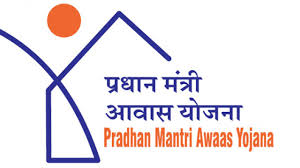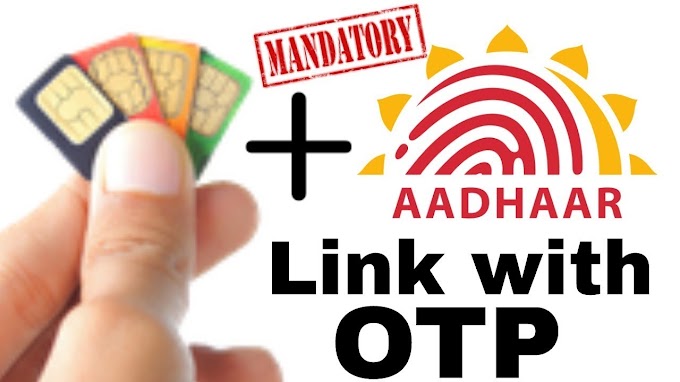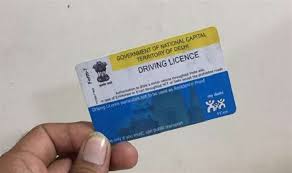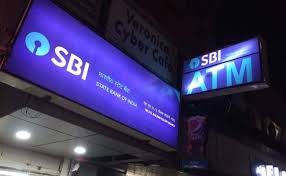Did you visit your bank branch’s Automated Teller Machine (ATM), tried to remove cash using your debit card, but instead were left empty handed with a message that the amount has been debited. This is very irritating, but has happened with many customers.
When an ATM does not disburse cash and the amount has been debited, it creates
two possibilities - either there is a technical error in the ATM or you have just been exposed to a fraud. In both cases, you will have to visit your bank for lodging a complaint. In case of fraud, there is procedure that has to be followed to get your money back. But if the problem is with the ATM, then your bank is liable to compensate you the amount you have just lost. And if a bank does not comply with RBI norms, in fulfilling the timeline for resolving your ATM transaction failure issues, then they are liable to compensate with extra sum.
two possibilities - either there is a technical error in the ATM or you have just been exposed to a fraud. In both cases, you will have to visit your bank for lodging a complaint. In case of fraud, there is procedure that has to be followed to get your money back. But if the problem is with the ATM, then your bank is liable to compensate you the amount you have just lost. And if a bank does not comply with RBI norms, in fulfilling the timeline for resolving your ATM transaction failure issues, then they are liable to compensate with extra sum.
The RBI has defined a time limit to banks for resolving ATM failures. According to RBI’s master circular for bank services, the lender must take considerable time in reimbursing the amount involved in such failed transactions to card holders. Depending upon the amount of loss and case, at maximum time to resolve the failed transaction can take as much as 50 days. But RBI has brought in various mechanisms, ensuring faster and efficient resolution in such cases.
A piece of advice to a customers is that, when you come across such issue, your first job is to call your bank’s helpline number or just visit the branches. Make sure you have filed the complaint almost immediately or at least within 24 hours from the time of loss. This is just to remain safe.
When you lodge complaint, if a bank does not reimburses your the amount within 7 working days of receipt of the complaint, then you are entitled for payment of compensation by the issuing bank. As per RBI, this compensation is Rs 100 per day.
Such compensation should be credited to the customer’s account automatically without any claim from the customer, on the same day when the bank affords the credit for the failed ATM transaction. However, it needs to be noted that, the customer will only inherit this compensation, if a claim is lodged with the issuing bank with 30 days of the date of the transaction.
Interestingly, there can be a possibility when such cases can be tossed and turned between issuing and acquiring bank. You must understand the difference that, an acquiring bank is the one that has installed the POS terminal at the merchant location. While the issuing bank is the one who has issued the card to customer. There are two types of transactions at an ATM.
Firstly On-US where the issuing bank and acquiring bank are the same entity, and secondly Off - US where the issuing bank and acquiring bank are different entities.
When you make a transaction, the acquiring bank sends the data to the customer’s card issuing bank over the card payment network. While, the issuing bank authenticates the card/ cardholder details. Issuing bank takes into consideration the availability of balance in your account and personal details to authenticate whether a transaction should be completed further. This is a security method.















